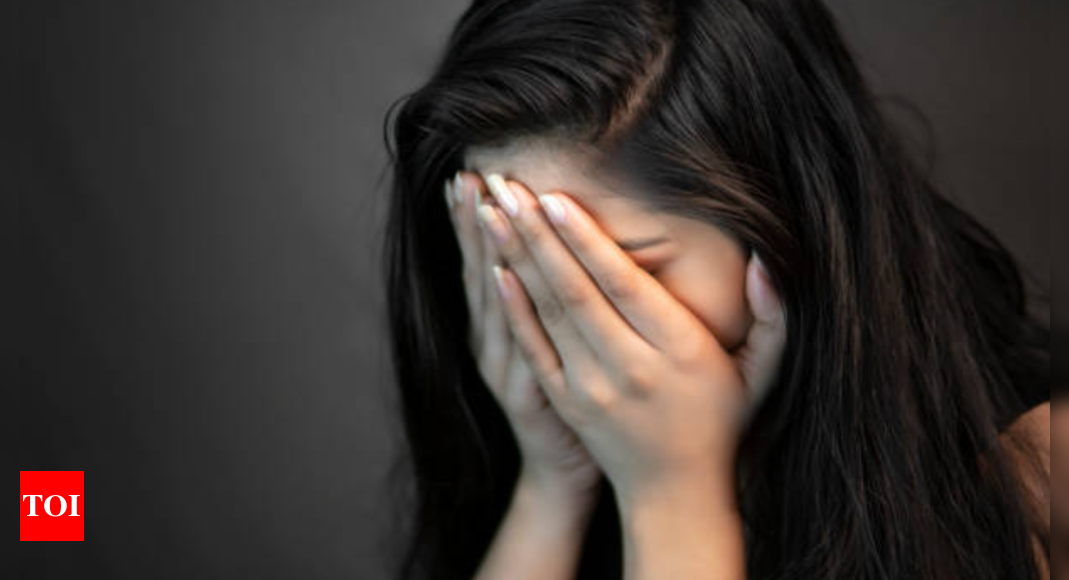Modern society is going through a digital revolution, especially after the pandemic, the use of smartphones and social networks has become popular among teenagers. In this era, bullying takes place in the form of online trolling, affecting the mental health of adolescents in a multifaceted and profound way. Trolling is an online act that intentionally provokes or antagonizes users to elicit particularly desirable or negative responses. The increasing incidence of trolling is facilitated by anonymity on social media platforms and has also become a form of attention-seeking, entertainment, revenge and boredom-seeking behavior in youth by creating and sharing offensive messages or comments, spreading rumors, victimization and harassment. The consequences can lead to anxiety, depression, social isolation, trauma, eating disorders, substance use, behavioral problems, body dysmorphia, negative self-perception , low self-esteem, body image issues or even more tragic outcomes such as self-harm. and suicide attempts in vulnerable individuals. Happiness is increasingly defined by the number of likes and positive comments received. As a result, teens struggle with feeling confident and comfortable with their bodies. Additionally, they constantly start comparing themselves to others, not only in terms of their body and self-image but also in all other aspects of their lives and relationships. Teenage girls are more affected than boys by social media trolls. They feel compelled to use Photoshop filters and editing tools, which allow them to digitally alter their appearance by removing acne and scars, making their waists appear thinner and their legs longer. Moreover, remove fat from the body and give them a perfect body. , digitally looks appealing to others. The irresistible desire for a perfect and unattainable body image is unhealthy, as it increases feelings of insecurity and dissatisfaction with oneself as well as lowers one’s self-esteem. one person. Compliments for photos that are over-edited and retouched, create a sense of discrepancy between one’s true self and one’s idealized self, which further discourages the person from acknowledging and appreciate your true self. Strategies to promote positive body image and self-awareness in teens when they are trolled:1. Education and Awareness: Promote digital literacy and empathy, teach youth to recognize and respond appropriately to trolling, and form and facilitate groups and systems Support systems in which youth are targeted can initiate open dialogue about mental health issues stemming from online harassment.
Happiness is increasingly defined by the number of likes and positive comments received. As a result, teens struggle with feeling confident and comfortable with their bodies. Additionally, they constantly start comparing themselves to others, not only in terms of their body and self-image but also in all other aspects of their lives and relationships. Teenage girls are more affected than boys by social media trolls. They feel compelled to use Photoshop filters and editing tools, which allow them to digitally alter their appearance by removing acne and scars, making their waists appear thinner and their legs longer. Moreover, remove fat from the body and give them a perfect body. , digitally looks appealing to others. The irresistible desire for a perfect and unattainable body image is unhealthy, as it increases feelings of insecurity and dissatisfaction with oneself as well as lowers one’s self-esteem. one person. Compliments for photos that are over-edited and retouched, create a sense of discrepancy between one’s true self and one’s idealized self, which further discourages the person from acknowledging and appreciate your true self. Strategies to promote positive body image and self-awareness in teens when they are trolled:1. Education and Awareness: Promote digital literacy and empathy, teach youth to recognize and respond appropriately to trolling, and form and facilitate groups and systems Support systems in which youth are targeted can initiate open dialogue about mental health issues stemming from online harassment.
It includes:
- Make them aware of available resources and guidance
- Encourage the development and practice of appropriate digital etiquette
- Enforce strict moderation policies and regular monitoring activities
- Educate them about legal avenues to hold trolls accountable for their actions
2. Reach out for help: If you meet or notice someone with body image issues and symptoms of anxiety, depressed mood, low self-esteem and other mental health issues trolls, don’t keep them a secret and get help soon. Reach out to close friends, family members, and teachers, and seek help from professional psychologists and psychiatrists.
The different stages of stress and how it affects your sleep cycle
3. Allow them to express: Parents are encouraged to allow their children to talk about their experiences with social media and provide them with a safe, comfortable and judgment-free space that facilitates Let them express their emotions. 4. Appreciate unfiltered posts: Encouraging and appreciating unfiltered photos on social media will make them feel comfortable with their true body image and increase self-acceptance close. 5. Explain the effects of puberty: Normalizing pubertal changes and weight gain is a healthy and normal part of development, helping to reduce shame and shyness. 6. Promote self-acceptance and self-compassion: Parents can instill self-acceptance and body positivity in themselves to be good role models for their children. It also allows them to place value on their unique talents, abilities, and skills, which promotes kindness and meaningful relationships with their bodies and self-image.
5. Explain the effects of puberty: Normalizing pubertal changes and weight gain is a healthy and normal part of development, helping to reduce shame and shyness. 6. Promote self-acceptance and self-compassion: Parents can instill self-acceptance and body positivity in themselves to be good role models for their children. It also allows them to place value on their unique talents, abilities, and skills, which promotes kindness and meaningful relationships with their bodies and self-image.
7. Enhance emotional resilience: Provide children and adolescents with powerful coping strategies to enhance their ability to respond to stressful or crisis situations. Help them become responsible online participants, reaping the benefits of social media in a healthy way. (Author: Co-authored by Dr. Puneet Dwevedi, Head, Department of Behavioral Sciences & Mental Health and Vandita Sharma, Consultant- Clinical Psychologist, Artemis Hospital, Gurugram)










